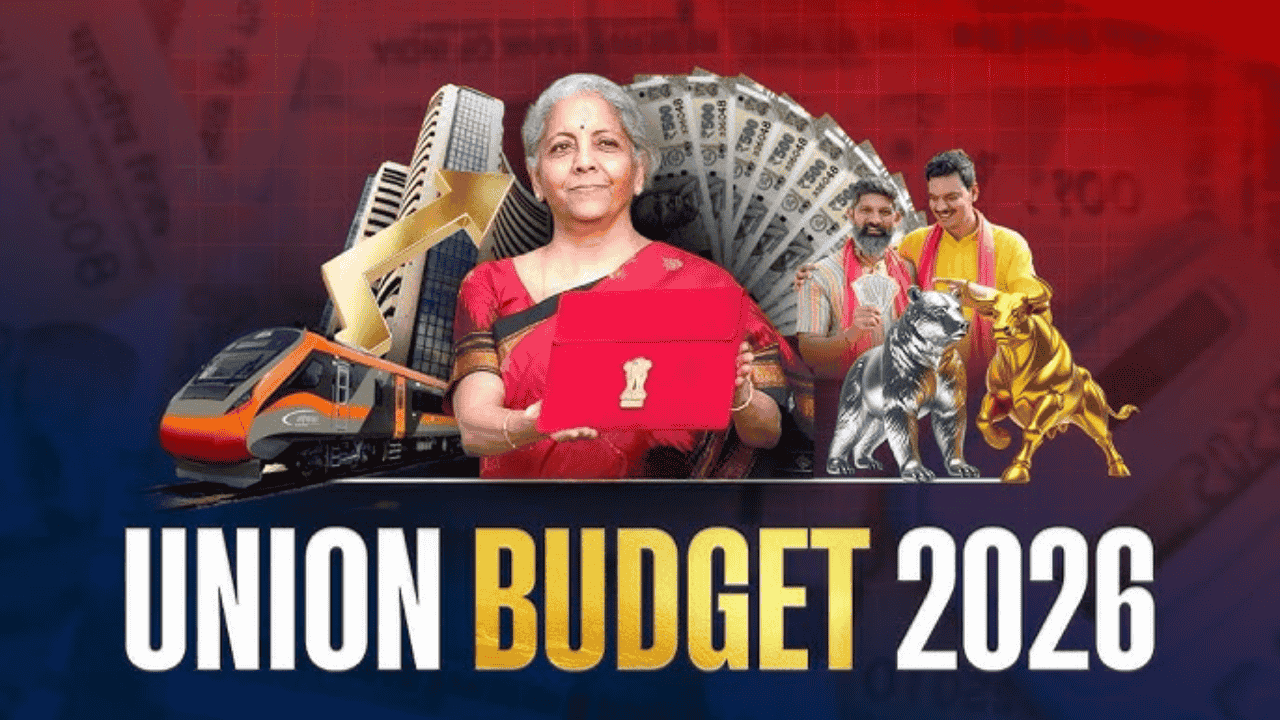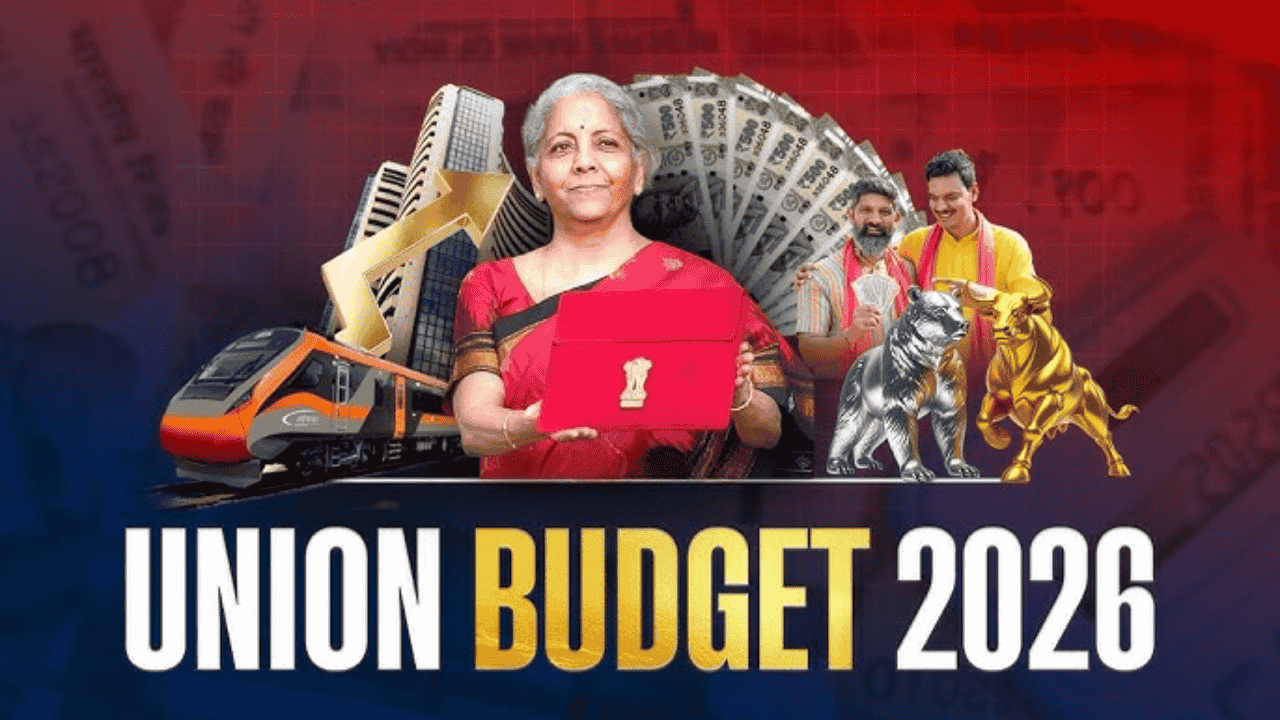Explore how NEP 2020 masks deeper issues of centralisation, commercialisation, and communalisation in Indian education—vital for UPSC, SSC, and banking aspirants.
Introduction: Behind the NEP 2020 Shine—A Troubling Reality
The National Education Policy (NEP) 2020 promised transformation, inclusion, and innovation. But beneath the polished veneer lies a disturbing trend—the deepening of three systemic threats: centralisation, commercialisation, and communalisation. These ‘3Cs’ have reshaped the Indian education system in ways that directly affect competitive exam aspirants and the nation's youth.
At Atharva Examwise, we aim to give students the truth behind policies—so you not only prepare for exams but understand the system shaping your future.
The First C: Brazen Centralisation of Power
The centralisation of educational policy and decision-making undermines the federal structure envisioned by the Constitution.
Key Evidence:
Central Advisory Board of Education has not met since 2019.
State governments were not consulted during NEP 2020 implementation—despite education being a subject on the Concurrent List.
PM-SHRI scheme coercively pushed on states by withholding Samagra Shiksha Abhiyan (SSA) grants meant for RTE implementation.
The 2025 UGC draft guidelines allow Governors (Chancellors) to unilaterally appoint Vice-Chancellors in state universities.
Why it Matters:
This severely undermines federalism and autonomy in curriculum development.
Central control without grassroots consultation can lead to one-size-fits-all education, limiting innovation and inclusivity—crucial aspects of UPSC preparation tips.
The Second C: Silent Commercialisation of Education
While public schools shut down, private sector expansion and cost burdens have grown unchecked.
Key Trends:
NEP promotes school complexes, threatening neighbourhood school access guaranteed by the RTE Act.
Since 2014:
89,441 public schools shut down
42,944 new private schools opened
Higher Education Financing Agency (HEFA) replaced UGC grants with market-rate loans.
Student fee hikes cover 78–100% of HEFA loan repayments, per the 364th Parliamentary Report.
Impact on Aspirants:
Quality public education is less accessible, especially for economically weaker students.
Private coaching and expensive college fees are now gatekeepers to opportunity.
Students preparing for SSC exams or banking exams face additional pressure from costlier higher education systems.
The Third C: Dangerous Communalisation of Curriculum
Education is increasingly being used as a tool for ideological indoctrination.
Stark Developments:
NCERT textbooks revised:
Removed sections on Mughal India, Gandhi’s assassination, and the Constitution’s Preamble.
Appointments of ideologically aligned faculty over merit in prestigious institutions like IITs and IIMs.
UGC attempts to relax faculty qualifications to promote pliant appointments.
Relevance for Competitive Exams:
Communalisation erodes historical objectivity, vital for UPSC and history-based sections.
Biased education limits critical thinking, a skill assessed across all major exams.
It distorts constitutional and secular values, important for Essay writing, Ethics papers, and interviews.
The Bigger Picture: What This Means for Aspirants
These systemic shifts affect how and what you learn. They influence the books you're given, the teachers you meet, and the exams you face.
Quick Implications:
Reduced access to quality public education = Increased reliance on expensive alternatives.
Distorted curriculum = Biased knowledge base for UPSC & other exams.
Top-down policies = Less flexibility and innovation in state-level educational initiatives.
Why This Matters for Aspirants
Whether you're preparing for UPSC, SSC, or banking exams, understanding these 3Cs gives you a competitive edge:
Policy awareness helps in Essay, GS Paper II (Governance, Constitution), and Interview rounds.
You gain insight into real-world educational issues, enabling informed answers and stronger arguments.
Stay updated through resources like the Atharva Examwise blog for critical analysis and competitive exam blogs on such vital topics.
Key Takeaways for Exam Preparation
Understand Federalism in Education – Relevant for Polity & Governance.
Analyse NEP 2020 Critically – Important for UPSC mains essay and interview questions.
Track Education Budget & Trends – Use for current affairs and banking exam insights.
Stay Aware of Textbook Changes – Crucial for SSC history/general awareness.
Be Alert to Policy Centralisation – Helps answer Ethics and Decision Making questions.
For more such deeply researched insights and exam-relevant articles, keep following the Atharva Examwise blog.
Your preparation isn't just about syllabus—it's about understanding the system you're preparing to serve.








